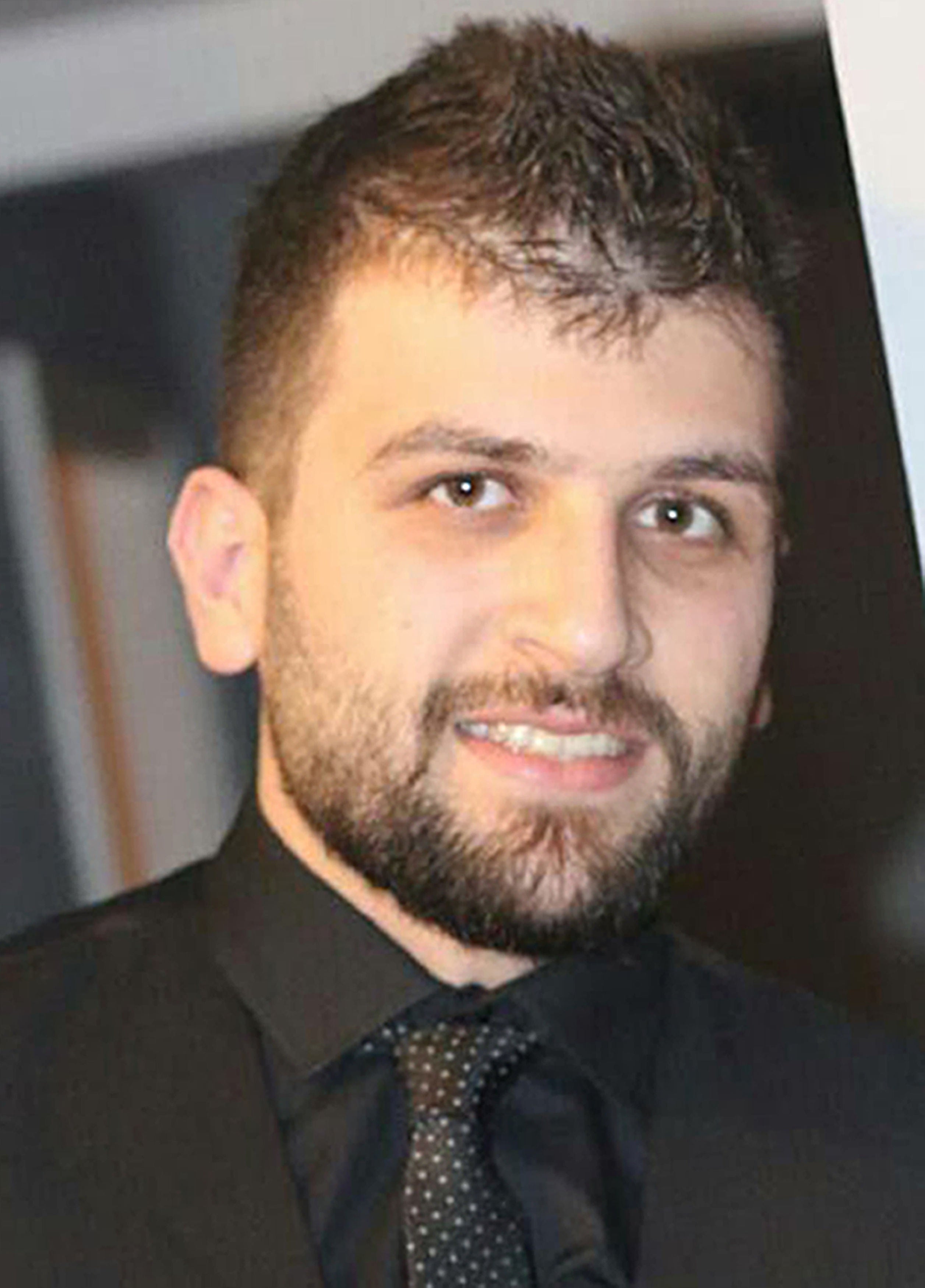Grenfell fire: Syrian refugee cried for mother moments before falling 14 floors
Mohammad Alhajali moved to the UK in 2014 for a better life, but died in the blaze at the age of 23.

Your support helps us to tell the story
From reproductive rights to climate change to Big Tech, The Independent is on the ground when the story is developing. Whether it's investigating the financials of Elon Musk's pro-Trump PAC or producing our latest documentary, 'The A Word', which shines a light on the American women fighting for reproductive rights, we know how important it is to parse out the facts from the messaging.
At such a critical moment in US history, we need reporters on the ground. Your donation allows us to keep sending journalists to speak to both sides of the story.
The Independent is trusted by Americans across the entire political spectrum. And unlike many other quality news outlets, we choose not to lock Americans out of our reporting and analysis with paywalls. We believe quality journalism should be available to everyone, paid for by those who can afford it.
Your support makes all the difference.A 23-year-old Syrian refugee cried out for his mother over the phone in the moments before he died falling 14 floors from Grenfell Tower, the inquiry has heard.
Mohammad Alhajali moved to the UK in 2014 and was studying civil engineering while working part-time in North Kensington, where he had come for a better life and was due to be married.
Born in Damascus and the second eldest of five children, Mr Alhajali had lived in Leeds, West Yorkshire, before moving to flat 112 on the 14th floor of the tower block with his brother, Omar Alhaj Ali, in September 2016.
His other brother, Hashem, who also lived in London, was the last person he spoke with over the phone before he died on June 14 2017.
Mr Alhajali’s parents and two sisters stayed in Syria, and the Grenfell Tower Inquiry heard that he had “dreamed one day he would be able to bring his family together in one place where they would be able to settle and live their best life”.
Instead, it is believed he saw two of his neighbours slowly die in a flat where he had been told to wait for firefighters who never returned, before trying to escape from a window and falling to his death.
Mr Alhajali’s body was found face up and covered in debris in Grenfell Walk, where members of the public took photographs and posted them on social media.
His brother, Omar, had been escorted to safety by firefighters at around 2.30am.
The inquiry heard that he desperately pleaded with them to return for the residents still inside, but, due to botched instructions from commanders, they did not.
Danny Friedman QC spoke on behalf of the family at the inquiry on Thursday.
Describing Mr Alhajali’s final moments at around 4am, Mr Friedman said: “Hashem describes Mohammad by this time as speaking very slowly like he had lost all energy.
“He told Hashem that the other people in the flat had stopped responding to him.
“Mohammad was crying and asking to speak to their mother, but Hashem was scared that if he hung up he would not be able to get through to him again.
“Hashem played the Koran to him from a speaker on his phone.
“Mohammad suddenly said ‘The fire is here, I can see the fire’.
“That was the last thing Hashem heard him say.
“Hashem then heard the sound of cracking, which he interpreted to be the sound of the fire, and the line broke off.”
In his kindness and his many other qualities, Mohammad and his brothers and friends, who this inquiry has heard from, all represent the very best of those forced to leave their homes to start a better life
Mr Friedman described the ordeal from the perspective of Mr Alhajali’s parents.
He said: “In 2014, Mr and Mrs Alhajali sent their sons to a safe country, away from Syria, to avoid the perils of civil war.
“Two years later, one of their sons was dead, the other endured a highly traumatic near-death experience, and the third conducted a last call with Mohammad, desperately trying to convince his brother to escape.
“Mohammad was the first victim of the fire to be buried, in accordance with Muslim rights and by virtue of immense support by the East London Mosque.”
Mr Friedman said Mr Alhajali had been described by friends as “an unusually charismatic person, much-loved for his selflessness, compassion and strength of personality”.
He said: “In his kindness and his many other qualities, Mohammad and his brothers and friends, who this inquiry has heard from, all represent the very best of those forced to leave their homes to start a better life.
“These are exceptional people, and we are so sorry that they have lost someone in Mohammad who was so loved and special to them.”
The inquiry continues.